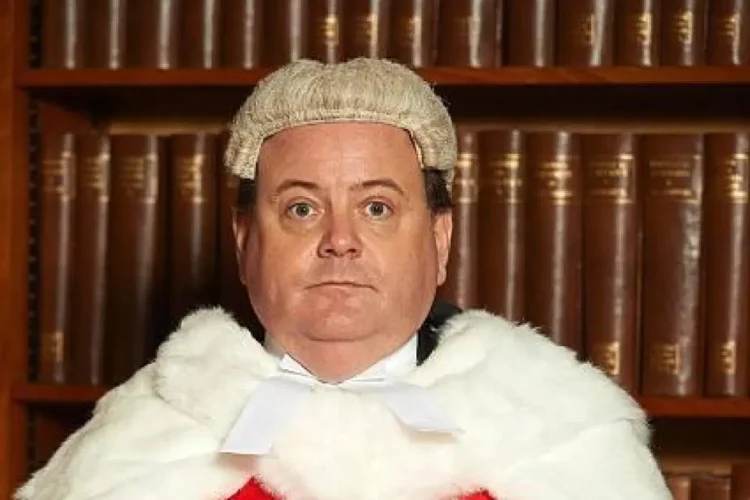By Sheila Mckenzie-
The sitting judge presiding over the legal challenge brought by Prince Harry and a group of celebrities has cautioned the group in relation to the central evidence of their legal suit being a private investigator whose credibility has bene brought into question.
Mr Justice Nicklin, who has bene appointed judge of the media and communication list since 2021 says the group bringing legal action against the Daily Mail’s publisher “may need to adjust their expectations” of a private investigator whose alleged confessions form part of the privacy case.
At the heart of the claim brought by the seven public figures claimants is an alleged admission by Gavin Burrows in a statement made in 2021, to hacking phones, tapping landlines and bugging cars on behalf of Associated Newspapers Ltd.
However, Adrian Beltrami KC, representing the publisher, says this is “directly contradicted” by a second signed witness statement, obtained by the publisher, in which he denies he was commissioned to carry out unlawful activity.
Mr Beltrami says it means the submissions by Mr Burrows fall “at the lower end of the pile in terms of credibility and reliability”.
Referring to the issue of the contradiction, the judge says: “There’s a trial point if ever you saw one.”
Mr Beltrami says if there was to be a trial, the “quality” of the private investigator’s evidence should be called into question.
Mr Justice Nicklin says: “From the claimants’ point of view, Mr Burrows’ statement of August 2021 is fairly significant.”
He added the claimants “may have to adjust their expectations” of him in light of the contradiction.
David Sherborne, who represents the group bringing legal action against Associated Newspapers Ltd, says applications by the publisher to have the case thrown out before trial are “heavily resisted”.
In court documents, he said the evidence over ANL’s alleged unlawful activity and privacy invasions “appears compelling, but… is a matter for the court to determine at trial on the basis of a full and proper investigation of the facts”.
He said the publisher’s argument that the claimants have brought the action too late and that they could, with reasonable diligence, have discovered they had potential cases earlier, is “fanciful”.
Mr Sherborne questions how this could have happened where “as a result of the defendant’s deliberate concealment and the intentionally covert nature of the underlying acts themselves, the vast majority of the evidence is necessarily in the defendant’s own possession”.
The claimants, who include Prince Harry, Sir Elton John and actress Elizabeth Hurley, “did not discover it until recently”, he added.
An important area of scrutiny at this juncture has to be the reason behind the two contradictory claims by the investigator, with the goal being to establish which of the two claims is more credible, and determine a reliable motive for him to have lied when he made the false claim.




